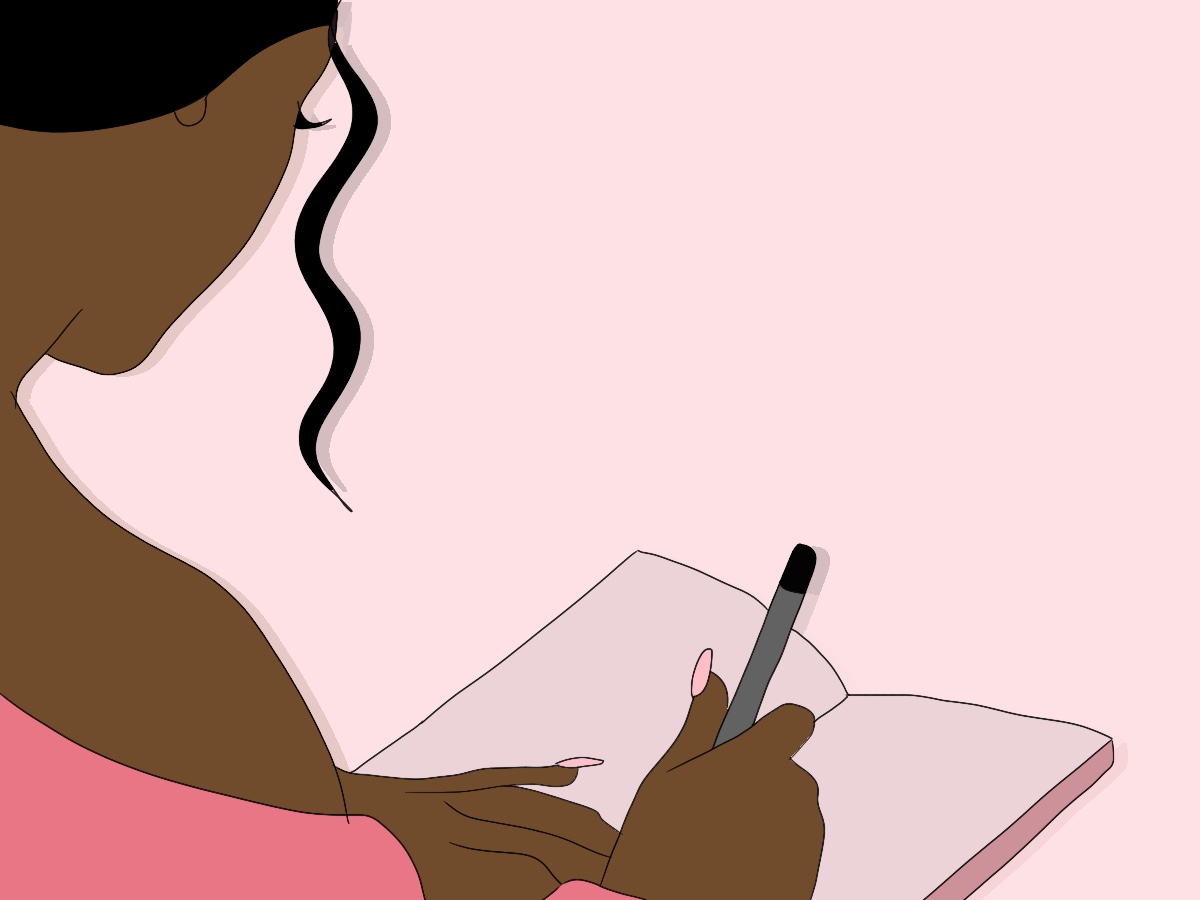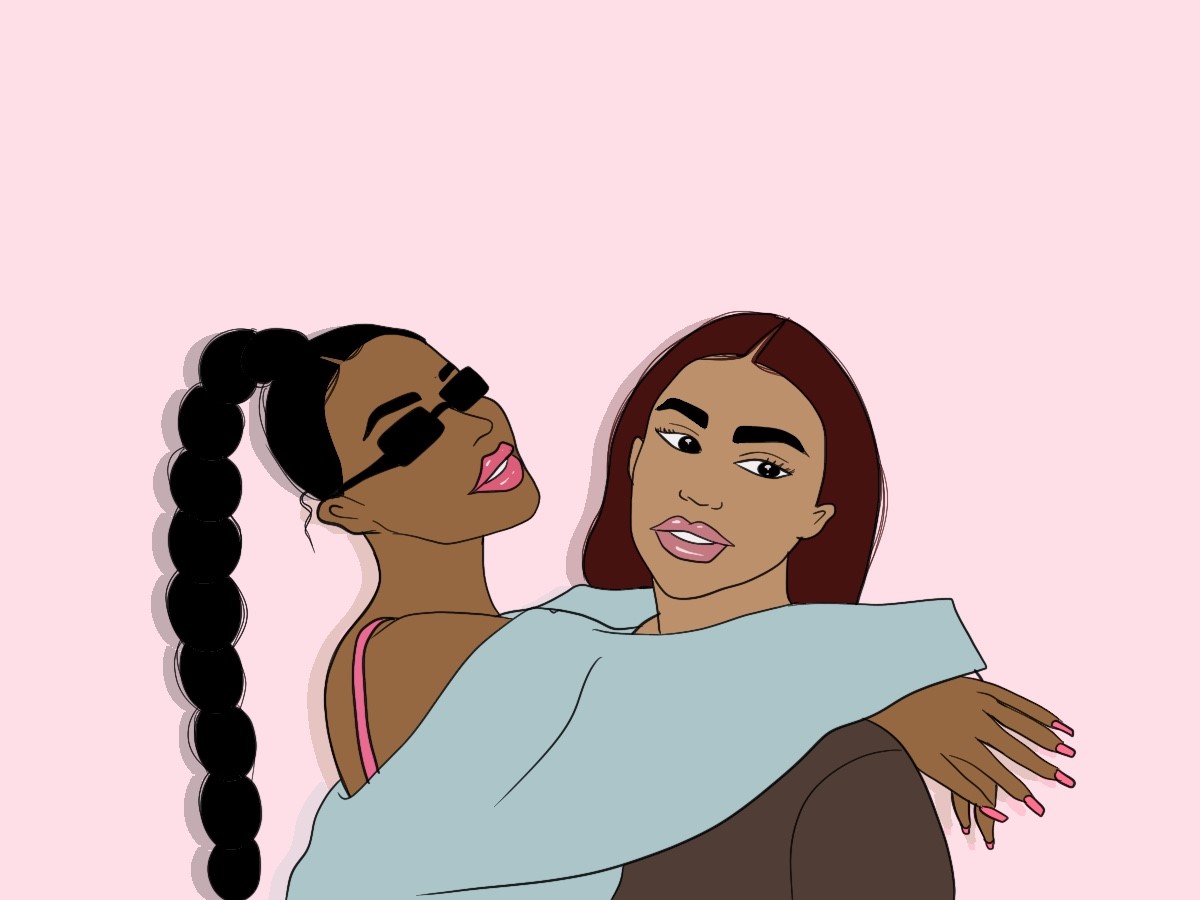We know that romantic breakups happen. They hurt, but they happen. We see them happen all the time in film and TV – we’ve watched our favourite characters break their hearts, heal, and fall in love again.
And because we recognise that they happen, we have a million different cultural truisms and advice to help us cope with them. We’re urged to spend time with our friends, demolish tubs of ice cream and embark on rom-com marathons. We’re encouraged to delete photos, banish mementos, and block our exes on social media. We’re told to practise self-care, spend time embracing singledom and get to know ourselves. Or we’re pep-talked into strutting back into the dating world and fishing for the ‘plenty more fish’ that we’re assured exist somewhere out there in the sea.
These are all breakup clichés, of course – but clichés can be comforting. By its nature, a cliché refers to something common and familiar – something which lots of people have experienced before. The fact that we have so many breakup clichés signals that romantic breakups are normalised and accepted. And this means that, when we experience a breakup, we can pacify our pain with the knowledge that other people have undergone this experience before us and survived it.
Clichés help us to know that we’re not alone – that we’re not the only ones in the world who have ever lost a romantic relationship. They provide us with a frame to hang our heartbreak off, and hand us a map with directions on how to mend and move on. In other words, our culture has a blueprint for surviving a breakup with a romantic partner.
But, when it comes to losing a friend we’re on our own.
Friendship breakups are an oddly taboo subject, and so they aren’t normalised in the same way as romantic separations. One reason for this might be that we tend to consider friendships to be less significant than romantic relationships. In the culturally encouraged hierarchy of human connection, friendships are demoted beneath familial and romantic partners.
As a result, it’s easy to internalise the idea that we shouldn’t be deeply distressed by the loss of a friend. We don’t allow ourselves to grieve quite as much as we do when we experience a romantic breakup, because we’re told – subliminally – that the loss of this person in our life is not as significant, and therefore ought not to be as painful, as the loss of a spouse or significant other.
But friendship breakups can be incredibly painful. It’s not unusual for a friend to have been a part of our lives for much longer than a romantic partner, and the loss of them hurts. It can be a huge adjustment to no longer have that person around who celebrated your successes, supported you through your struggles, and formed treasured memories with you.
Perhaps another reason why we avoid talking about friendship breakups is because we have a tendency to view the end of a friendship as a failure. This isn’t the case with romantic breakups: though they might devastate us, we know that they happen all the time and that some relationships are simply not meant to be. In fact, romantic breakups are even considered an important rite of passage: something that helps us to grow as people, to learn about ourselves – about what we’re willing to accept, and what we won’t.
Friendships, by contrast, are assumed to last forever. When they don’t, we either press on with life and avoid referring to the loss of the friend at all, or fall back on platitudes about having ‘grown out of each other’ or ‘grown apart’.
Both these techniques for handling a friendship breakup minimise and repress the pain that we are likely to feel – because, once again, we are encouraged to view the loss of a friend as less significant than the loss of a romantic partner. But friendship breakups are painful – they can be as difficult as or more difficult than a romantic breakup. So, with that in mind, here’s a blueprint for surviving a breakup with a friend:
1. Take time to heal

After a breakup with a significant other, you wouldn’t expect yourself to go on as if nothing had happened. Instead, you would allow yourself a grieving period, during which time you would treat yourself with a little extra care – and this is exactly how you should behave after a friend leaves your life, too.
When a friendship comes to an end, create space for yourself to grieve by pulling back from your work commitments and allowing yourself to rest. Engage in self-care and self-reflection (by journaling, for example) to ensure that you are processing and feeling your emotions. Importantly, validate your feelings by reminding yourself that it’s natural to experience grief when someone who was important to you disappears from your life.
2. Edit your social media settings
Don’t be afraid to mute, remove or block your ex-friend on social media. Sometimes, we can forget that we use social media for our own benefit: it’s supposed to exist (in theory!) to allow us to connect with our friends and engage with information that interests us. You choose to have a social media account, so why use it to stay connected with people who you don’t want to stay connected with in the real world?
Don’t get caught up in worrying about what your ex-friend will think when they see that you’ve blocked them. Instead, prioritise your own feelings and energy, and act just as you would whilst getting over a romantic breakup by removing this person from your cyber-life.
3. Avoid a (platonic) rebound
You know that it’s never a good idea to jump straight into a new relationship after a breakup, right? You need to take time to grieve, heal and reflect on why the relationship came to an end before you start dating again. Otherwise, you’re likely to be directed by old wounds and find yourself repeating old patterns.
The same applies to friendships – to an extent. Of course, you shouldn’t shut yourself off from other people; in fact, exposing yourself to new groups of people can be a healthy way to regain a positive mindset and recover from your grief. But, as you do this, it’s really important to avoid falling into the trap of trying to replace the friend that you lost.
The aim of meeting new people should always be to have fun and form organic connections. However, after the loss of a friend, it can be tempting (consciously or unconsciously) to try and replace that connection in your life. The key is to form new connections, not to find a replacement – as this is unlikely to be an organic and real new friendship. Everyone is unique, and you need to treat your friendships as such.
4. Reflect on why the friendship came to an end
Whether romantic or platonic, breakups teach us about ourselves. They help us to learn what we’re willing to compromise on, and what we’re not – what triggers us, and what brings us peace. Although it’s painful, try to see the end of this friendship as an opportunity to discover more about yourself.
Reflect on why the friendship came to an end – by journaling, or by talking it through with someone you trust. Be honest and take responsibility for the part that you played in the breakup. Similarly, reflecting on the ways in which your friend hurt you will allow you to identify the qualities that you want and value in a friend, as well as behaviours that aren’t compatible with you.
Losing a friend is hard – and recognising and validating the pain that you feel is one of the best things that you can do for yourself as you heal. But also remind yourself that the friendship came to an end for a reason. People come and go in life, and, when you feel that a connection doesn’t sit right with you anymore, you have to let it go.
You don’t owe anyone your time and friendship – even if you’ve known each other a long time or shared some cherished memories. A good friend is always better than a bad friend who you’ve simply known for a very long time. Validate your grief, give yourself space, up your self-care, and – just as with romantic breakups – you’ll heal with time.
Red flags in friendships: Seven signs it’s time to end a friendship
Find more relationship articles here >
Written by Izzy Ingram
Illustrated by Francesca Mariama

